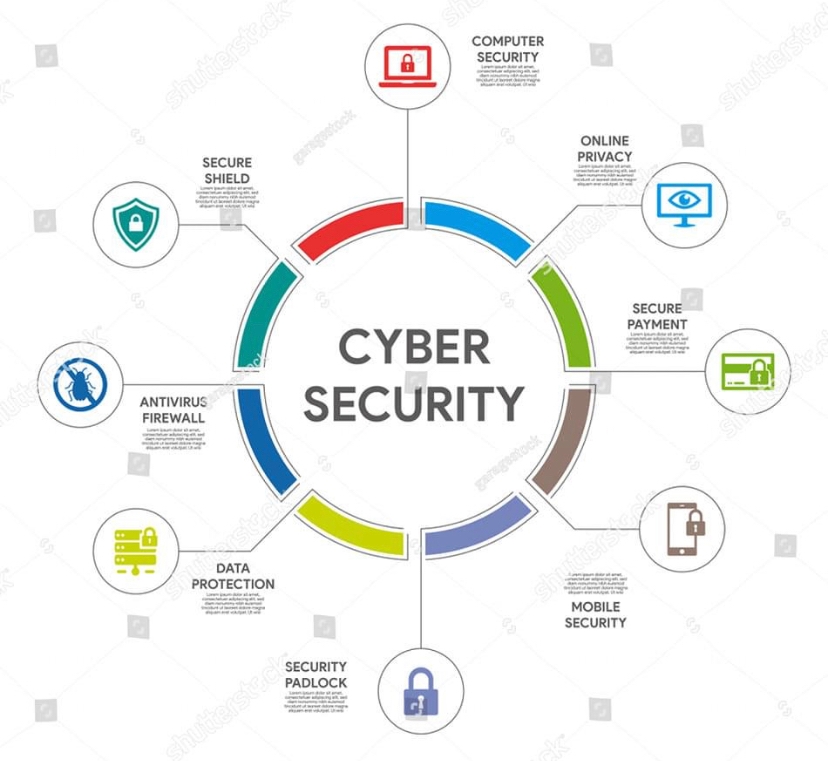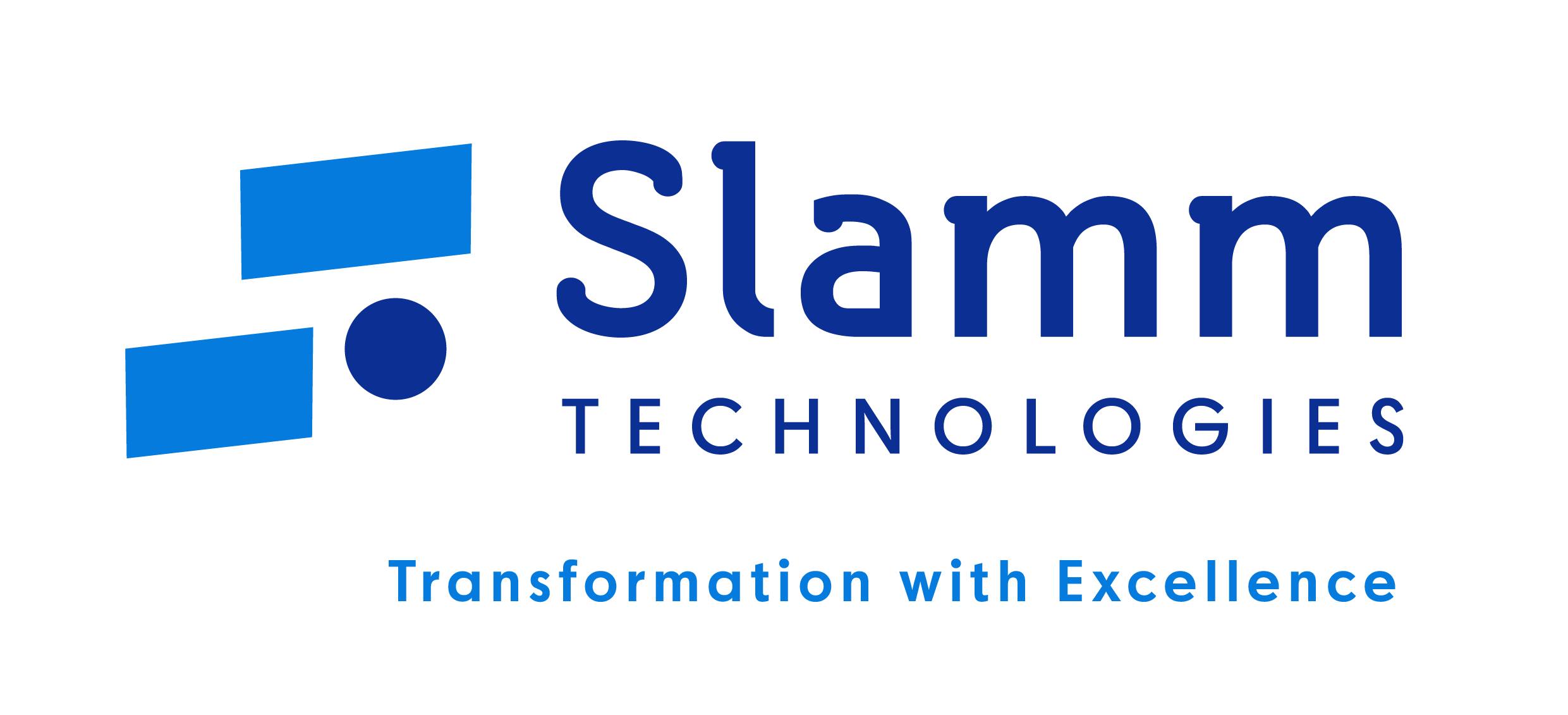
How To Get Started In Cybersecurity In 2023 — Pt3
How Do We Get ‘There’?
Welcome back if you have gone through the previous episodes of this series, now may be a good time to think on how you approach learning this mountain of information. I recommend watching this video How to learn anything…fast by Josh Kaufman as Josh gives fresh perspective and practical steps to learn anything in the shortest possible time while achieving a lot. This should be your go to before diving in to learn.
The general approach to getting started is to start free and cheap to see if you like it. You may find it isn’t for you. While studying the seven functional areas ensure you are getting hands on the keyboard and not just your nose in a book. Do both! Also — sprinkle in security lessons along with your general studies. Also, try and rotate through the seven continuously so you are leveling up in them all somewhat evenly.
Of course, you can do it in a serial fashion (in order one through seven) if you want. However, these skills are perishable. This means if you go through in order and haven’t touched networking in 5 months (or 2 books ago) it is going to be rusty, and you will have to relearn it!!! Try and have fun! Keep an eye out for things you think you may be passionate about! You will want to specialize later.
Pillar Specific Resources
Resources listed here are only pointers to good sources of learning material. In most cases the first few chapters are probably what you need and then specific topic lookups. Let’s dive in!
General Computing: CompTIA A+ certification videos from Professor Messer and ITPro.tv are a good resources to get you up to speed. Threads vs Process video form Georgia Tech. Another resource to point out is Mike Meyers of Total Seminar on Udemy. Remember the objective is not actually getting the CompTIA A+ certification.
Computer Networking: CompTIA Network+ certification video from Professor Messer, Mike Meyers, Jason Dion, Practical Networking, Network Direction and Jeremy’s IT Lab. Resources available are not limited to these. Find out more on the internet to get more resource content that fit your learning style.
Security Concepts: CompTIA certification videos from Professor Messer, Jason Dion, Mike Meyers. These are complete and comprehensive CompTIA Security+ Certification (SY0–601) courses. It is designed to prepare you to take and pass the CompTIA exam, have the knowledge and confidence to pass the CompTIA exam AND the skills to be a great IT security tech.
Programming: Learn Python.org, Under The Wire , Python for Beginners with Mosh, Code School Season 1 , Season 2. You don’t need to do both seasons or even all of season 1. Remember we are going for the fundamentals. The more you watch and learn the better, but its not necessary to be a developer to get into Cyber Security. Microsoft Instructional videos on programming with Python, EdX Python Course, Googles Python Course, Learn Python The Hardway, Automate the Boring Stuff.
Linux OS: Intro to Linux, Jason Dion, Cyber Mentor, TCM, freecodecamp, Over The Wire Bandit, Kali Linux Revealed Free Legit PDF Download. These resources will help you understand the Linux and open source industry and knowledge of the most popular open source applications. Understand how to work with users, groups, and permission in Linux and gain a basic understanding of security and administration in Linux.
Windows OS: ITPro.tv Windows Server Windows 101 — GREAT intro course into Windows Servers and Administration. Comes with the associated E-Book! ITPro.tv PoSh Basics — ITPro’s take on PowerShell. Great course. PoSh-Hunter — A jeopardy style Capture The Flag game to learn PowerShell for InfoSec nerds. Microsoft Video Series on PowerShell — Another great video series on PowerShell. Microsoft Virtual Academy Active Directory Course — A video series on Active Directory from Microsoft. Cyber Mentors Active Directory Hacking Lab — Admittedly outside the “general studies” path here but a good one on setting the AD lab up and quick intro, then hacking it. Always remember the targeted fundamentals here… you do not need to be an MCSA (Microsoft Certified Systems Admin.) to get started.
Traffic/Packet Analysis: Chris Greer does an amazing job in simplifying packet analysis with Wireshark. He exhibit teaching packet analysis in its simplicity that spans across various domains such as cybersecurity, hacking and network troubleshooting. You can find his course here on Pluralsight.
As you work on the fundamentals you will almost certainly come across various aspects of security that interest you. It’s important to note that this is not an exhaustive list and there are many resources available within cybersecurity. In the next episode we will discuss various roles in the field of cybersecurity that may interest you as you focus on the fundamental.


